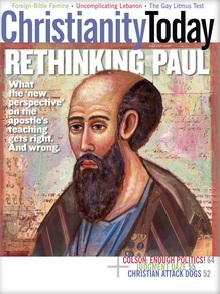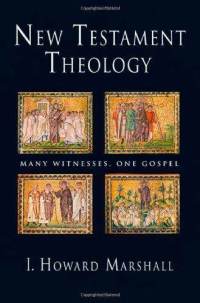 Stewart unabashedly demands that preachers see themselves as more than a talking head for 30 or so minutes on Sunday morning. He wishes to overcome the cultural “inclination to regard the preacher as the purveyor of religious homilies and ethical uplift” and replace it with its original intent, “the herald of the mighty acts of God” (16). His opening chapters reveal that preaching is an eternal art in the dual sense that it has been carried on by men to the present day since Christ walked the Earth, and that its impacts are eternal in the future! For preaching should revolve around one theme and one theme only, the saving Gospel of Jesus Christ. Stewart claims that “the basic message thus remains constant and invariable,” but in the face of an ever changing world “our presentation of it must take account of, and largely conditioned by, the actual world on which our eyes look out today” (11). This sets the stage for the rest of the book, which covers the means by which the Gospel is to be proclaimed. His style and authority feel timeless, putting modern authors to shame, as he rightfully reestablishes the critical importance of preaching the message of Christ “in and out of season.”
0 Comments
 August 2007 Cover Simon Gathercole's What Did Paul Really Mean? article in terms of Dogmas, Doctrines, Distinctives, and Details.* Dogmas. Since the New Perspective focuses narrowly on what Paul says about Justification, which strikes at the heart of Soteriology (the means by which God planned to save mankind), it must be taken seriously. The issue is when the New Perspective is applied to Paul as his dedication “to warning against exclusivist national righteousness” (25) to the destruction of Justification. Gathercole does well critiquing the new perspective while saying that Jews still need to hear the gospel. The crux of his argument is rightfully “Christian faith” not as an add on to life, but something that “requires a complete reorientation of our whole attitude” and “response to God's specific promises” (27). His conclusion describing “what kind of faith” the bible defines and “what is wrong with works of the law” deserves a hearty “amen!” as he stresses that Paul “stresses that God is the sole operator in salvation” (28). Ultimately, he hits the nail on the head by stating that “true unity comes not at the expense of doctrine, but precisely around the central truths of the gospel” (27).  I. Howard Marshall's chapter on Romans in terms of Dogmas, Doctrines, Distinctives, and Details.* Dogmas. Marshall strongly affirms that Paul's main them in Romans in none other than the Gospel of Jesus Christ's ability to save and the subsequent answer to “Why?”. He thus affirms Paul's explanation that all people are sinners since “failure to acknowledge God leads to sinfulness” (308). This is the result of Original sin as revealed by the Law (since its role in salvation history is not a means of getting “right with God by observing the law” (309)). Salvation is portrayed as exclusively available through justification by grace through faith in Christ, whose blood was shed on the cross for sin since “to be justified is to be put into a right relationship with God, in which the sins that persons have committed are no longer counted against them and consequently they can enter into a relationship with God characterized by peace and not wrath” (310). Resurrection is indicated as “an integral part of the saving event and not just simply the restoration of Jesus to life...” after dying for sin (313). Universalism (via postmortem persuasion, etc.) is dismissed as textually unsupported (339). |
AuthorBrett Yardley: Categories
All
Archives
January 2019
|

